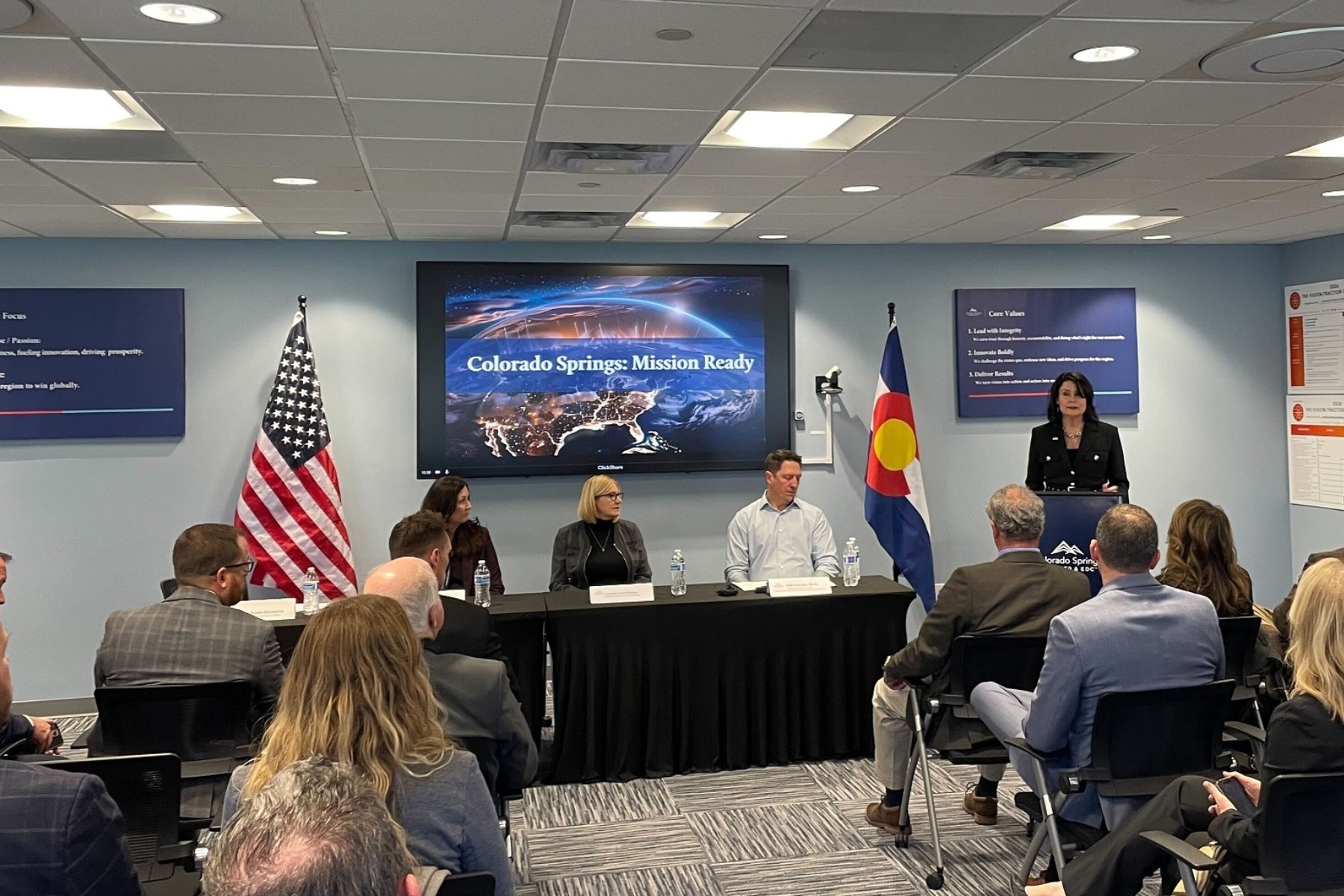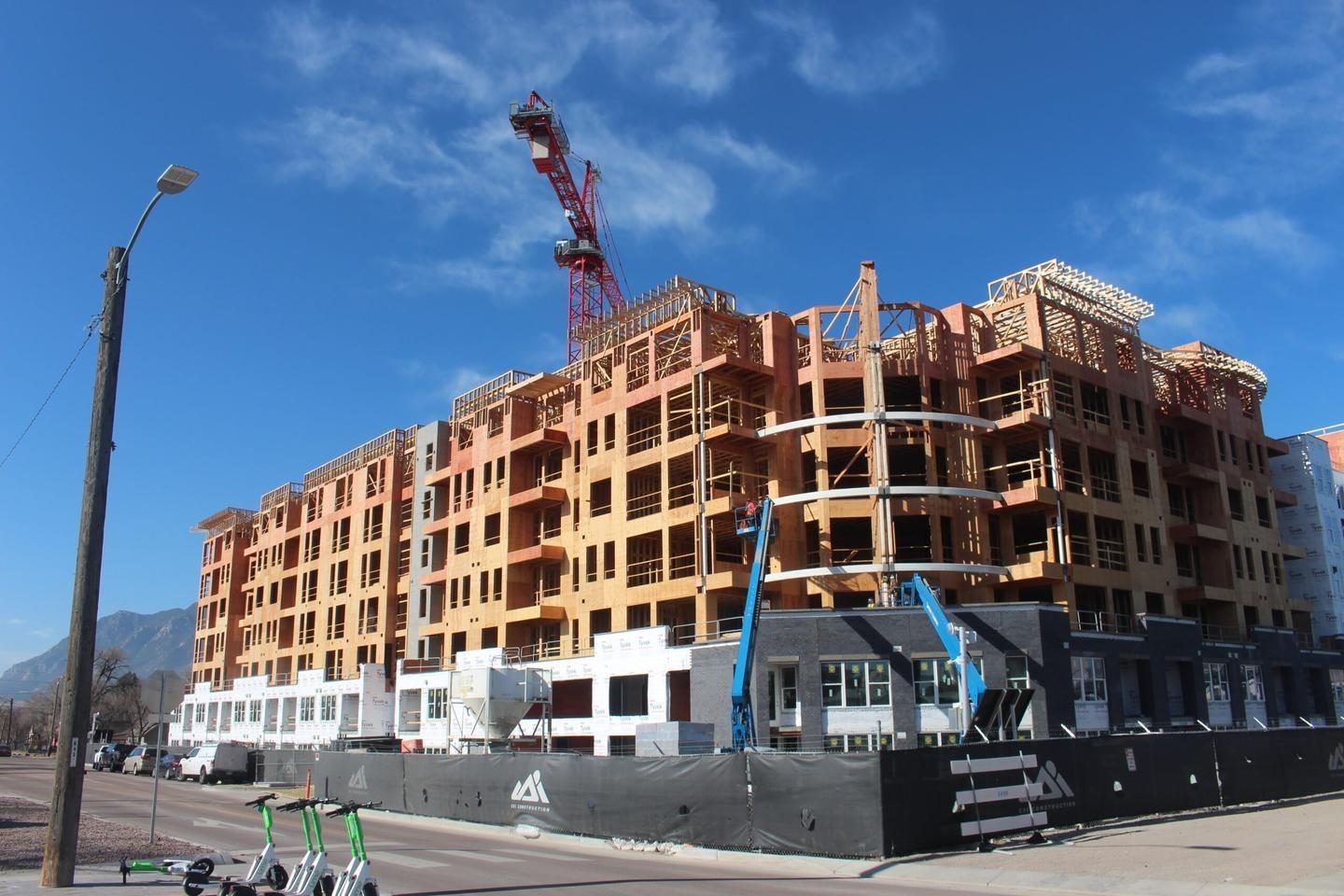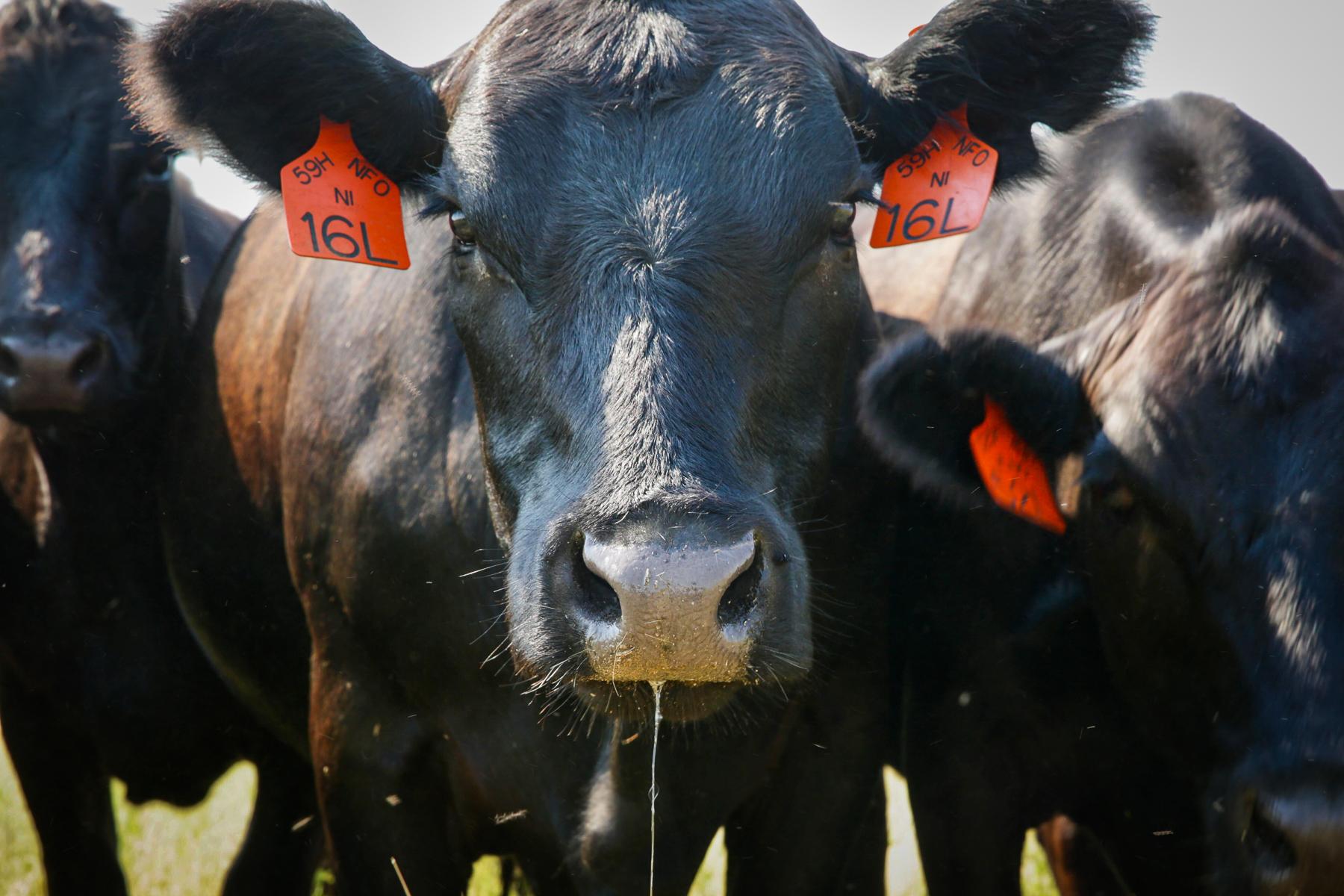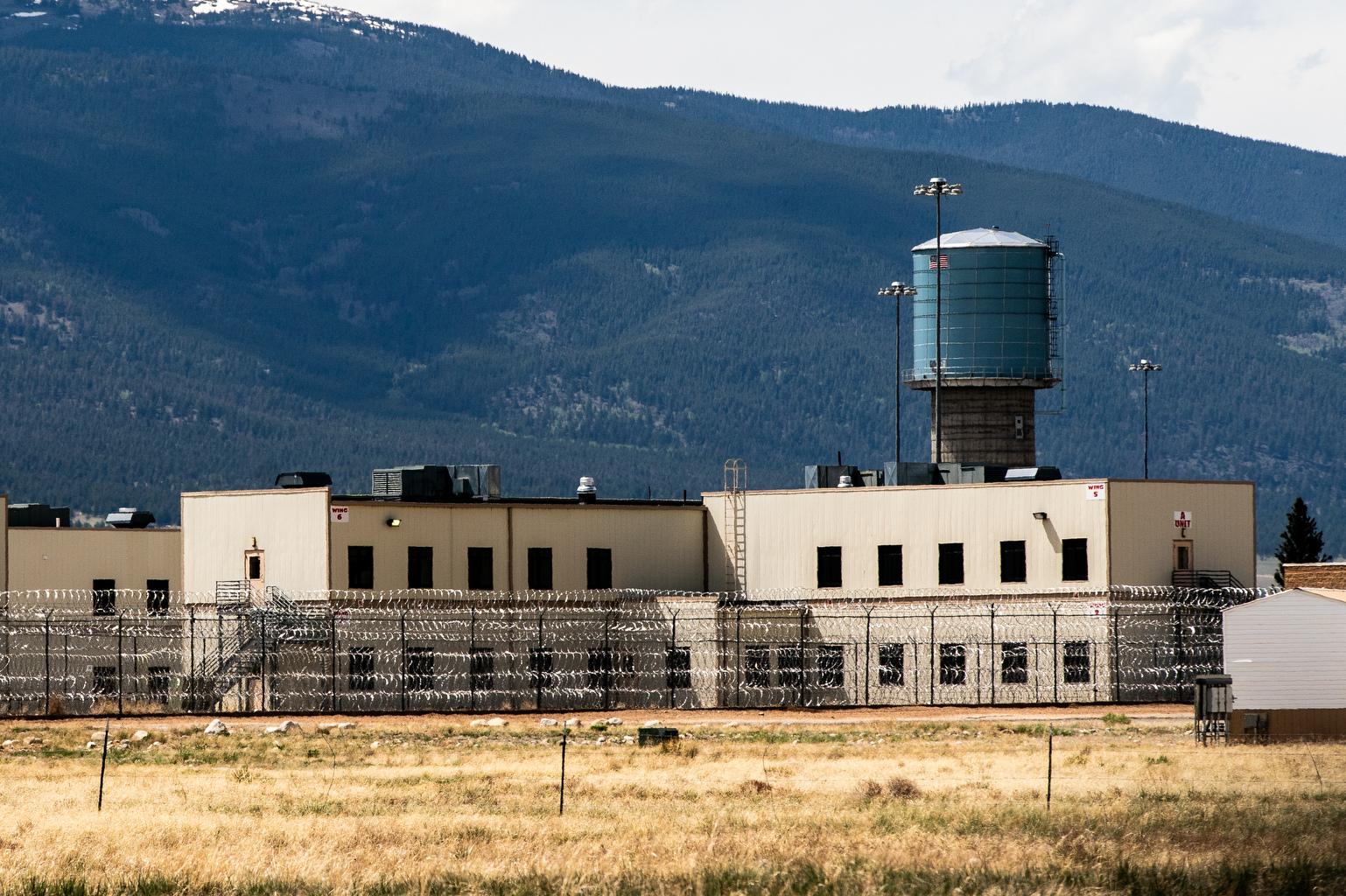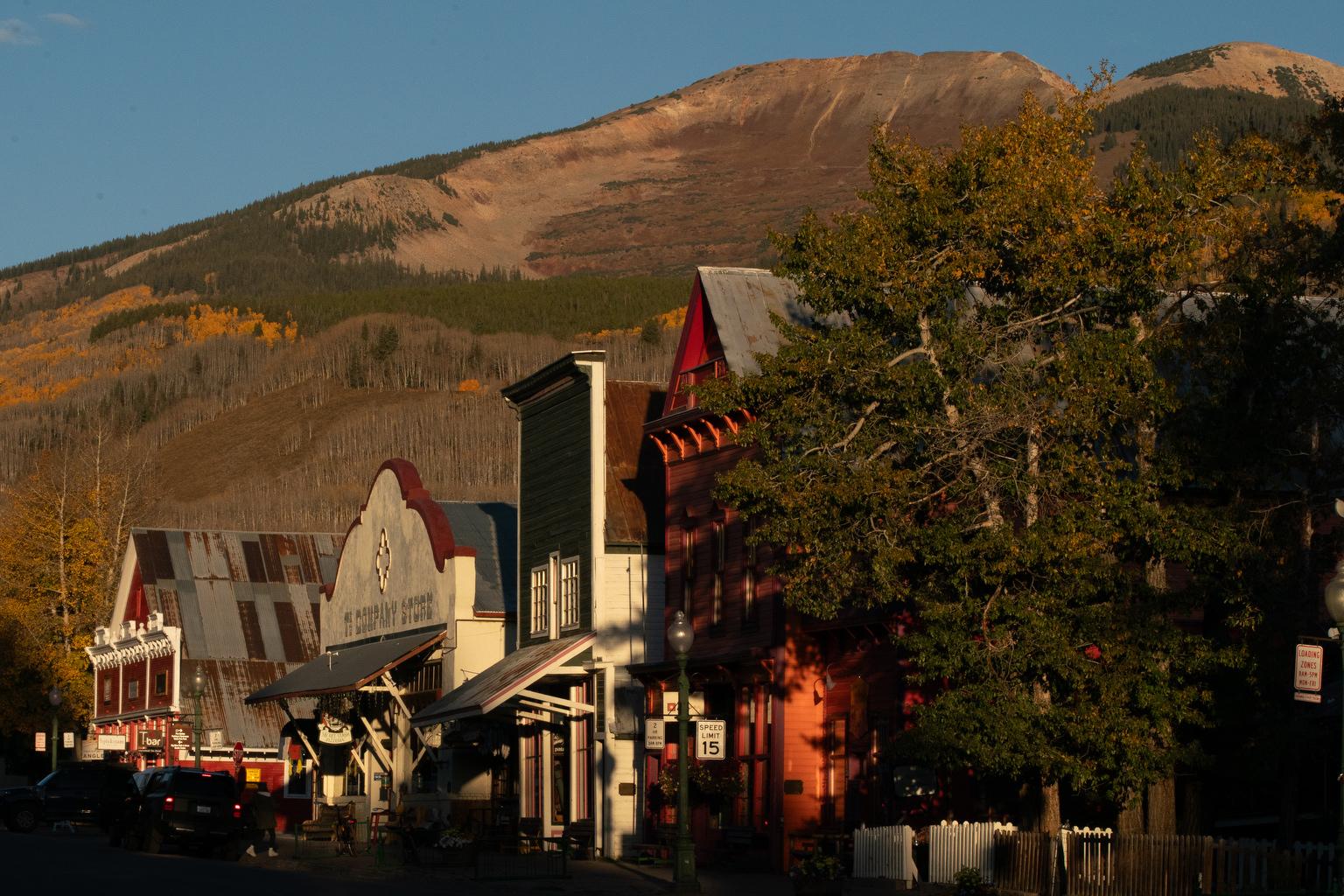
A Broomfield County jury returned a historic $21 million verdict against Crested Butte Mountain Resort after an Oklahoma woman who fell off a ski lift in 2022 was left paralyzed.
“I’m beyond grateful to the jury for holding Crested Butte responsible, and I hope something good comes out of it,” Annie Miller, who was 16 at the time of the accident and is currently a student at the University of Tulsa, told Courthouse News Service outside the courthouse.
However, the ski area’s owner, Vail Resorts, will only have to payout $12.4 million of that verdict to Miller because of the judgment of fault and the statutory limit on non-economic damages. The jury found Crested Butte Mountain Resort to be 75 percent at fault. The Miller family was found to be 25 percent at fault due to signing the liability waiver. Therefore the dollar amount is marked down to that 75 percent.
Miller was on the second day of skiing with her youth church group when she tried to board the Paradise Express Lift next to her father. She wasn’t fully seated when the chair rose in the air.
Her father yelled to the operator to stop the ski lift. But it dragged Miller before she fell 30 feet on her back and onto hard-packed snow. The fall left her paralyzed with severe injuries.
While the accident led to life-altering injuries, it also sparked a long legal process that could alter the ski industry as the season opens up this year.
The family initially filed a suit against Crested Butte Mountain Resort and Vail Resorts in Broomfield County District Court, claiming violations of duty of care, negligence, and gross negligence. But the court dismissed the claims of duty of care and negligence in April 2023 due to the family signing a liability waiver.
Then, in May 2024, the Colorado Supreme Court ruled that liability waivers do not protect ski resorts if they violate the state laws and regulations, such as the Colorado Ski Safety Act and the Colorado Passenger Tramway Safety Practice Act.
The Colorado Ski Safety Act establishes reasonable safety standards for the operations of ski areas and for the skiers using them. The Colorado Passenger Tramway Safety Practice Act regulates aerial tramways, surface lifts, tows, and conveyors for recreational purposes through a board in Colorado.
Vail Resorts released a statement disagreeing with the judgment.
“We disagree with the decision and believe that it was inconsistent with Colorado law. Still, we recognize the personal toll this accident has taken on Ms. Miller and her family, and we wish her continued strength in her recovery. We remain committed to the highest safety standards in our operations.”
In response to the verdict, the National Ski Areas Association said each legal case related to lifts carries unique issues. Cases with large verdicts and recent shifts in liability law raise serious concerns for insurance availability and affordability across the industry, especially for smaller and independent ski areas.
“Chairlift safety is a shared responsibility between ski areas and guests—which is why consistent safety practices, like rider education around chairlift use, are so important—both for protecting guests and for preserving the vitality of skiing and snowboarding for future generations.” NSAA President & CEO Michael Reitzell said in a released statement.

